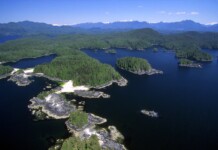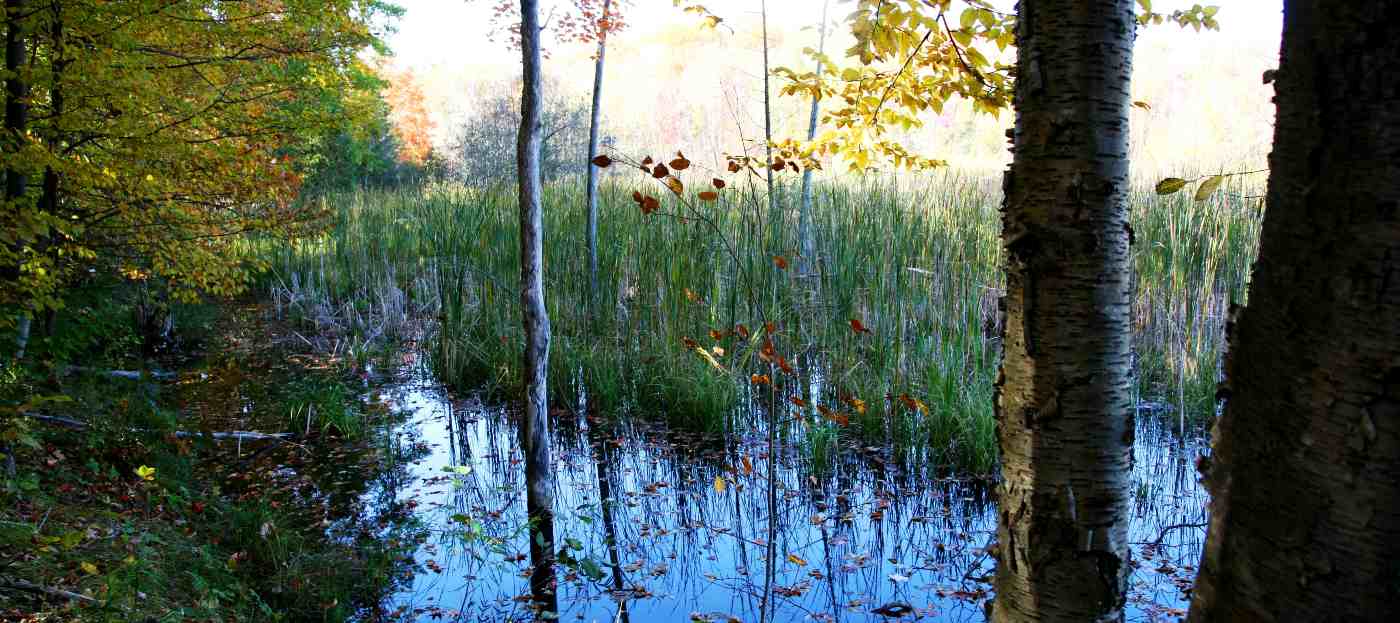In the face of a legal challenge mounted by six Native American Tribes, a district court judge in Arizona has thrown out a Trump-era interpretation of the Clean Waters Act (CWA) that would allow actors to fill in, pollute, or dredge wetlands, streams, and marshlands,
District Judge Rosemary Marquez noted that there were numerous “serious errors” in the regulation that was passed to help states better identify and manage waters that are legally protected by the CWA.
It was in June that the Biden Administration announced they would revisit Trump’s Navigable Waters Protection Rule (NWPR), but it was Marquez who felt that leaving it in place while new rules were made risked causing “serious environmental harm.”
Marquez’s decision applies nationwide, according to the Washington Post, and will protect drinking water and wildlife habitat for millions of Americans and billions of animals.
As with most legal challenges in this country, the battle arose over unclear language.
“To restore and maintain the chemical, physical, and biological integrity of the Nation’s waters,” reads the purpose of the CWA, defining the nation’s waters as “navigable waters of the United States, including territorial seas.”
Navigable waters could mean a number of things. For starters, navigable by whom, humans or fish? Based on that lack of clarity, farmers and industry pushed the Trump Administration to allow the states to determine the fate of as many bodies of water as could be found without clear federal protection. These included feeder streams, marshes, and wetlands.
In 2006, Justice Antonin Scalia authored a four-justice opinion which stated waters of the United States should be “relatively permanent, standing or continuously flowing bodies of water forming geographic features,” adding that “only those wetlands with a continuous surface connection to bodies that are ‘waters of the United States’.”
However the Obama Administration’s revisiting of the CWA added federal protection for waters that were not “standing or continuously flowing,” like marshes that might feed a river far away, or even streams which only come alive during periods of heavy rainfall, such as a desert wash.
It was these protections Trump acquiesced to eliminate. Indeed report from the Army Corps of Engineers, whose job it is to grant permits for dredging or filling waterways, stated that 333 currently-submitted projects would have required environmental review under the Obama rules, but not under Trump’s.
MORE: Florida is Purchasing 20,000 Acres of Everglade Wetlands to Protect It From Oil Drilling
The lawsuit was launched on behalf of six Native American Tribes by Earth Justice, who noted that between June 22, 2020 and April 15, 2021, the Corps approved
jurisdictional determinations under the NWPR of 40,211 aquatic resources or water
features, and found that approximately 76% were vulnerable under the NWPR.
In states like Arizona and New Mexico where water resources are exceedingly precious, they found that almost every one of the 1,500 assessed ephemeral streams and washes were non-jurisdictional of the CWA.
Marquez ruled that the potential ruination of these waters while the Biden team conduct their review could have “cascading and cumulative downstream effects,” invalidated and remanded the NWPR, and sent it off to the Corps and the EPA for review.
“The sacred waters that were put at risk by the Trump administration are essential to our cultural and religious lives as indigenous people,” said Tohono O’odham Nation Chairman Ned Norris, Jr., whose tribe participated in the lawsuit. “This decision by the court rightfully vacates a grievous error.”
CONSERVE the Good News—Share This Story…




















